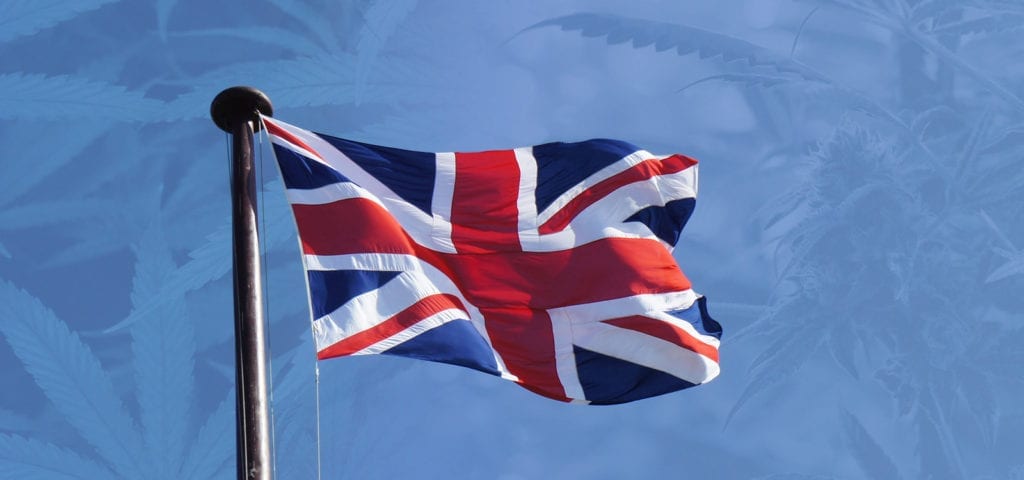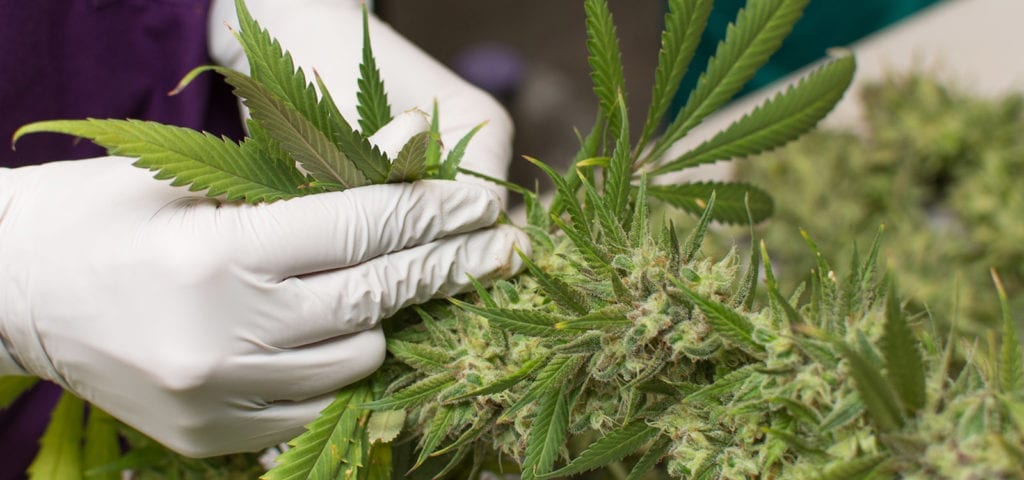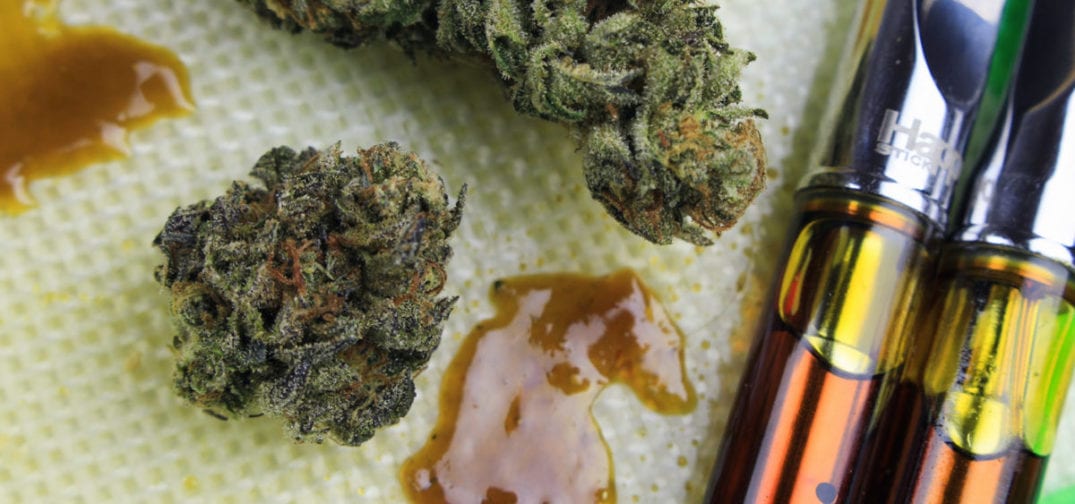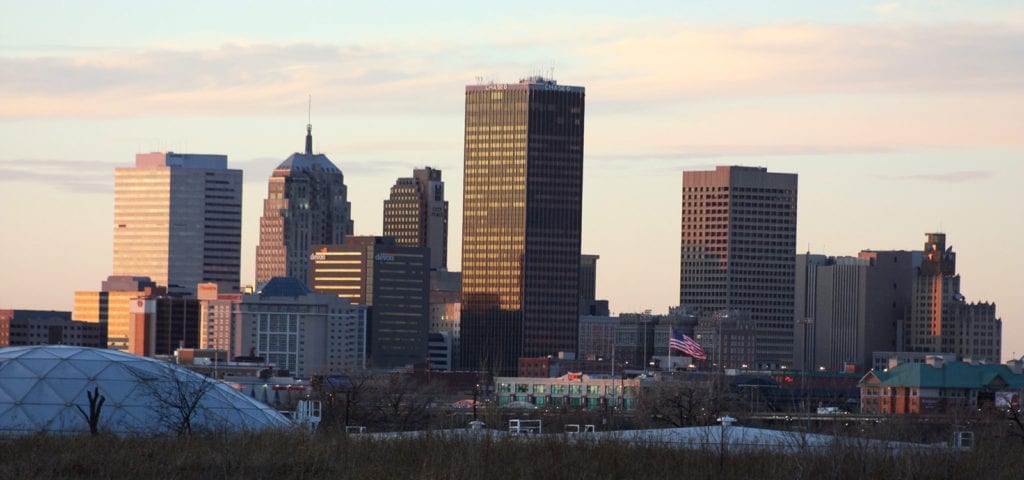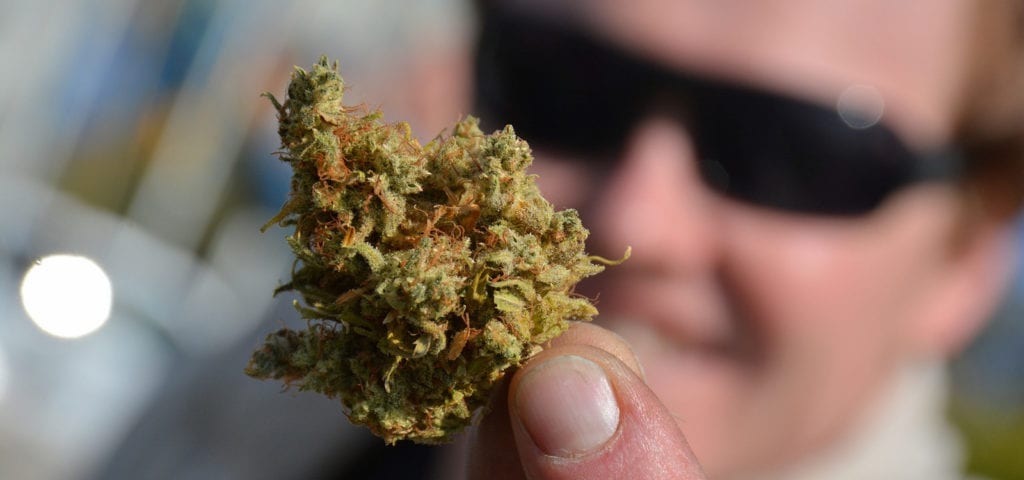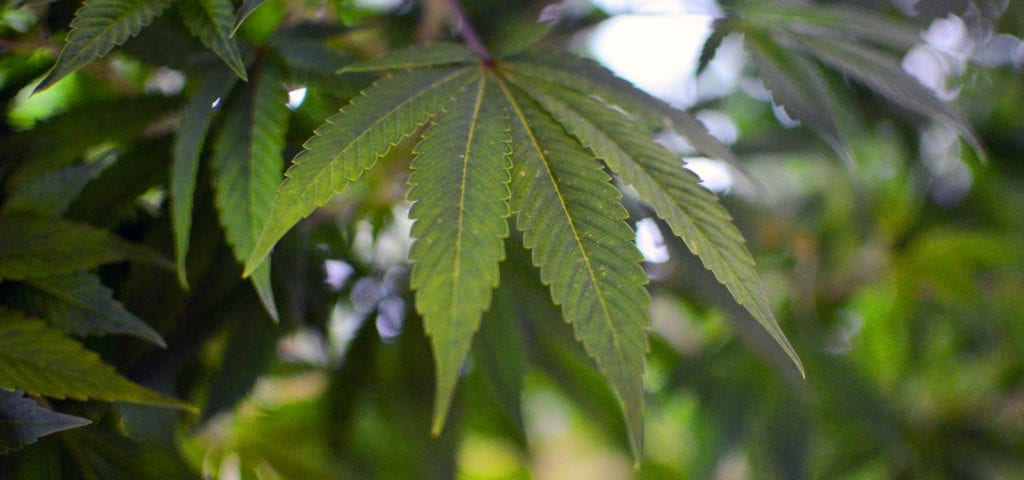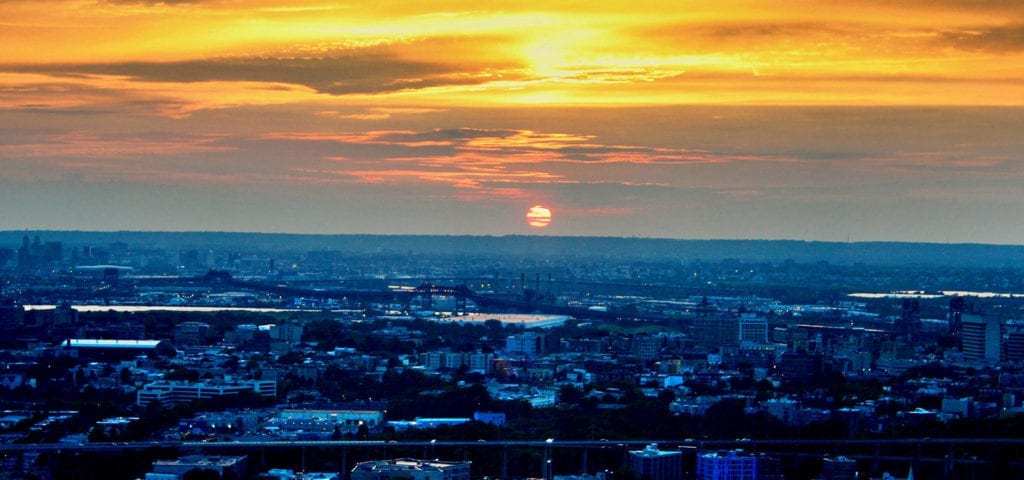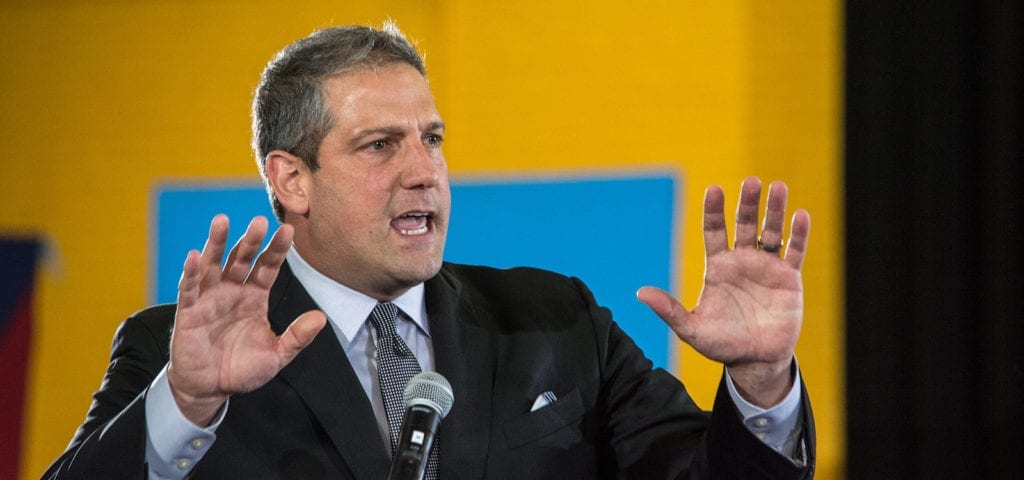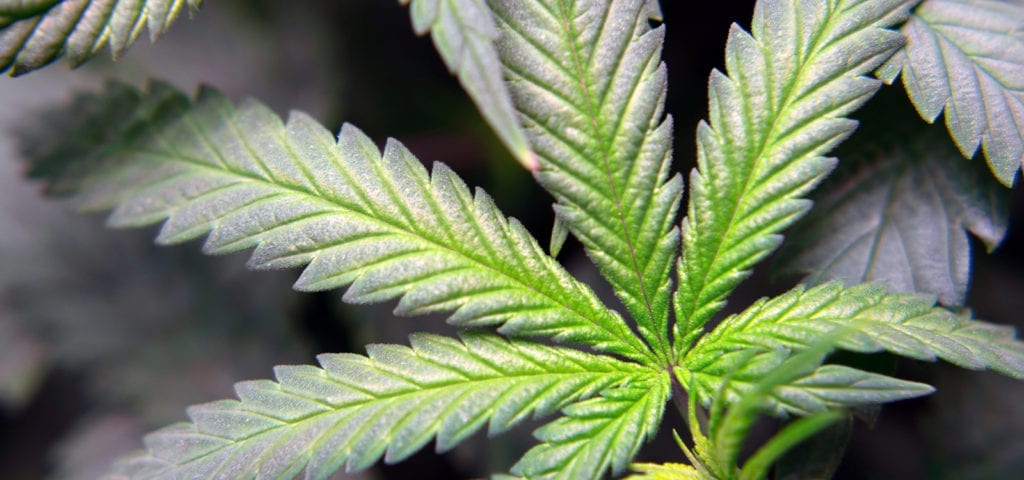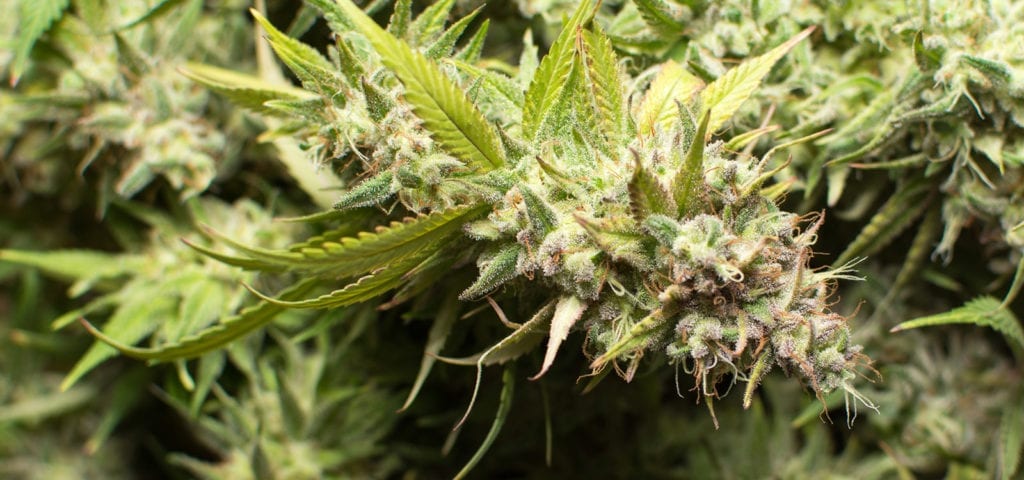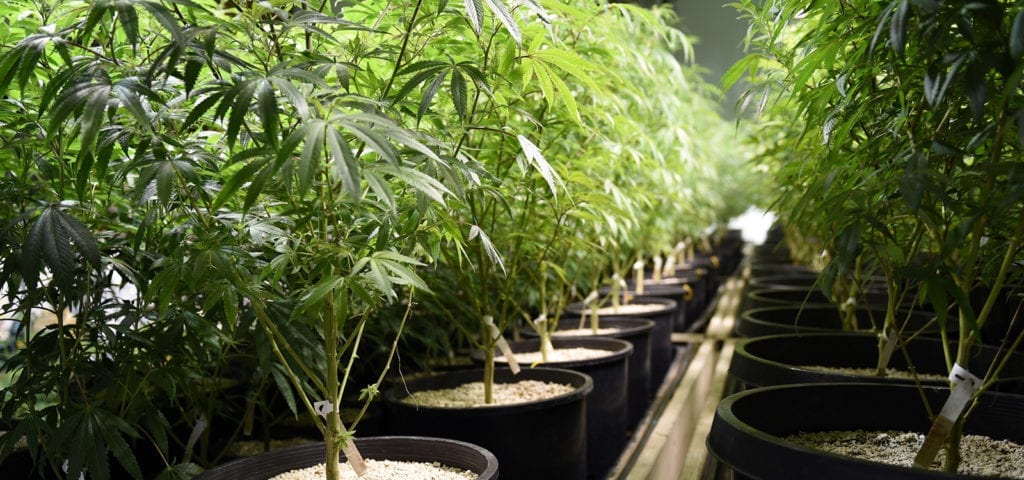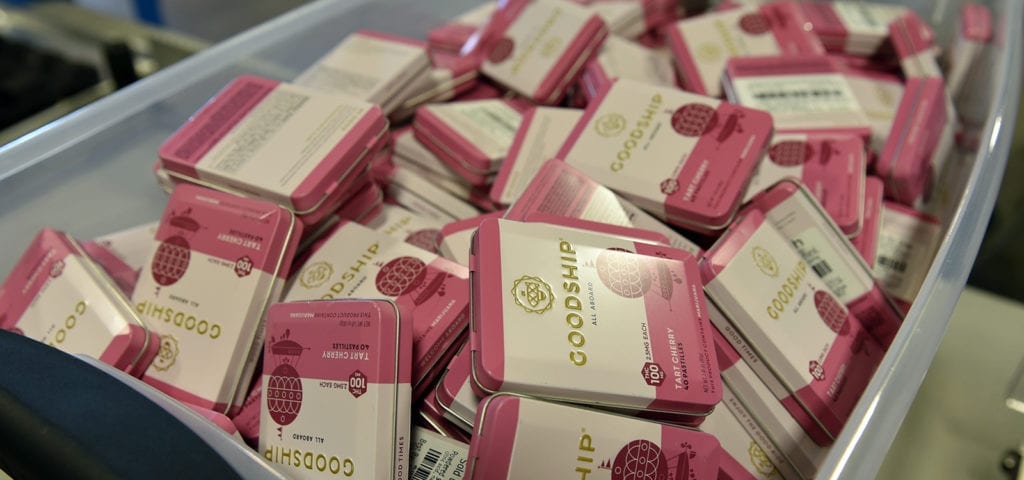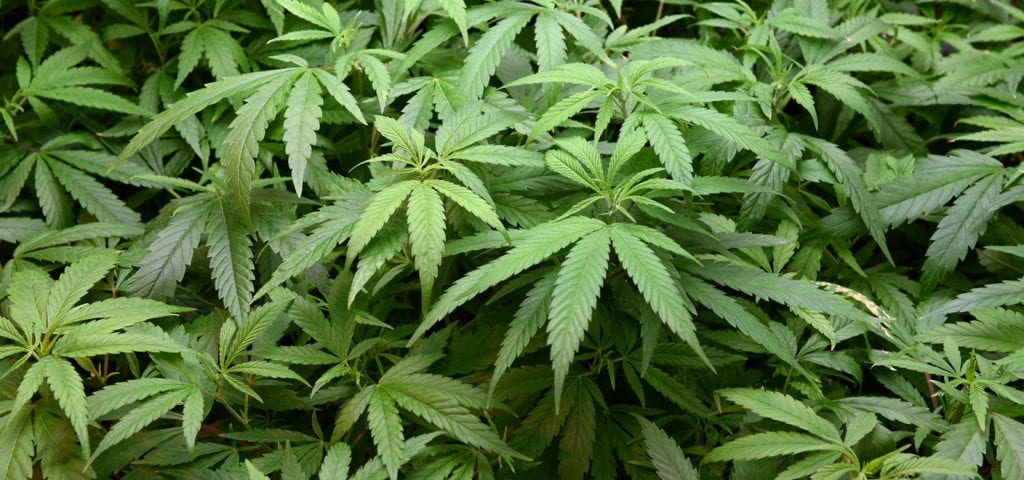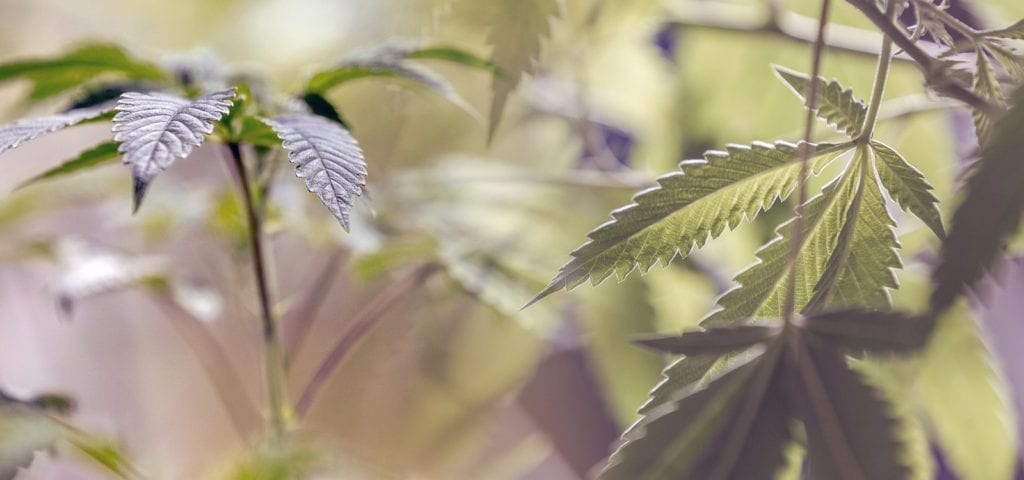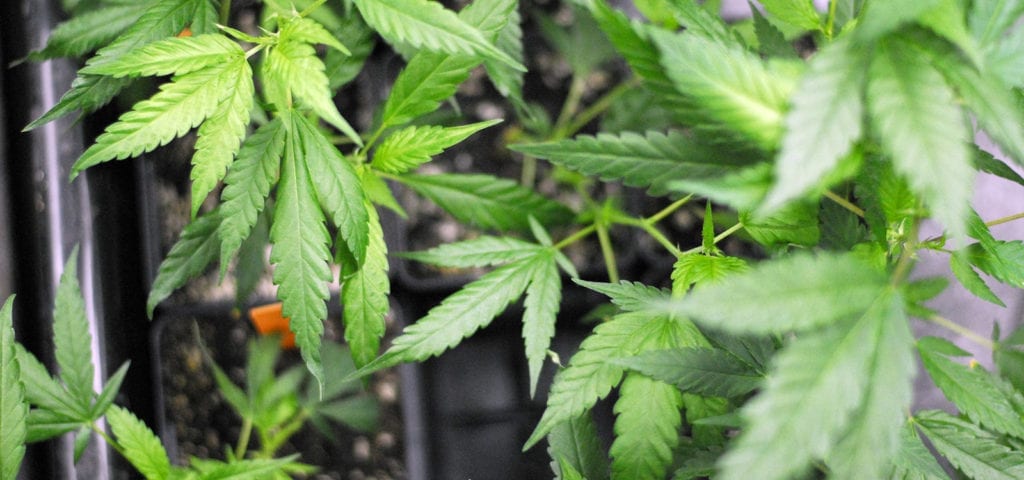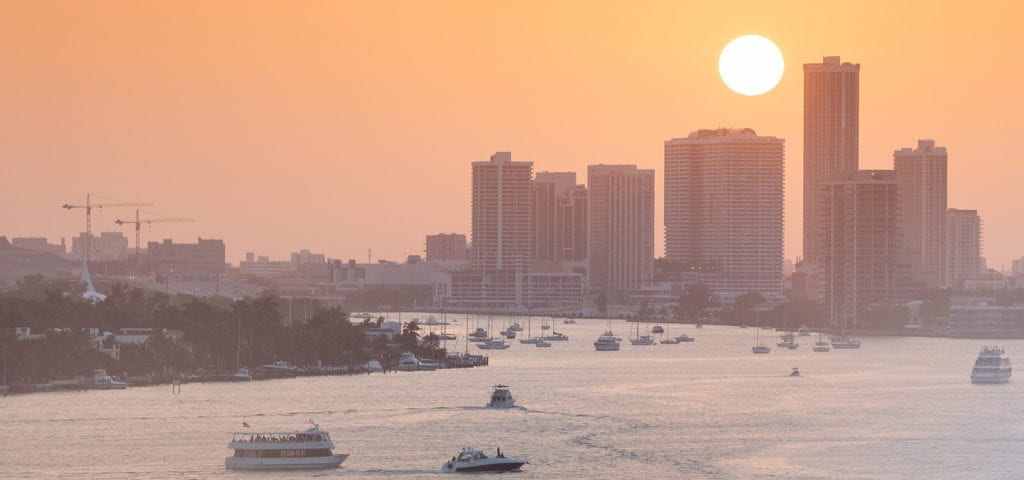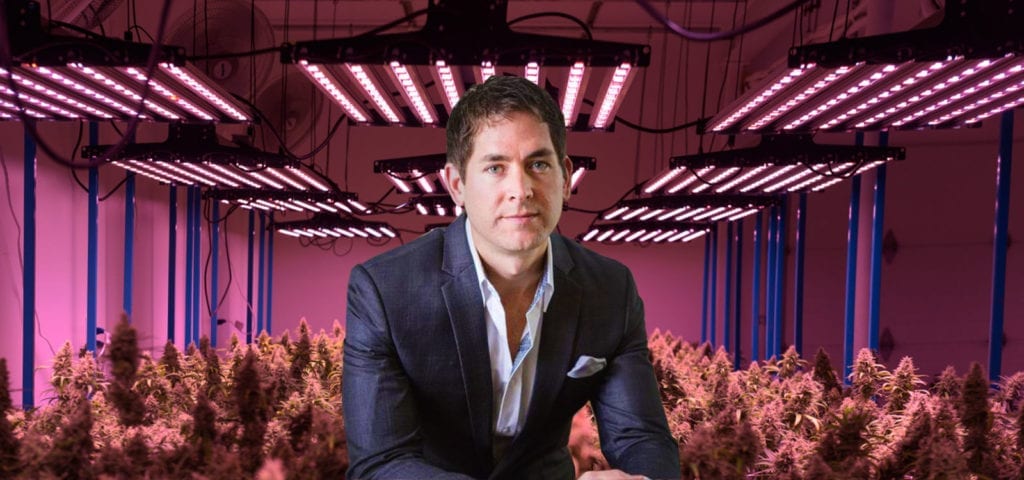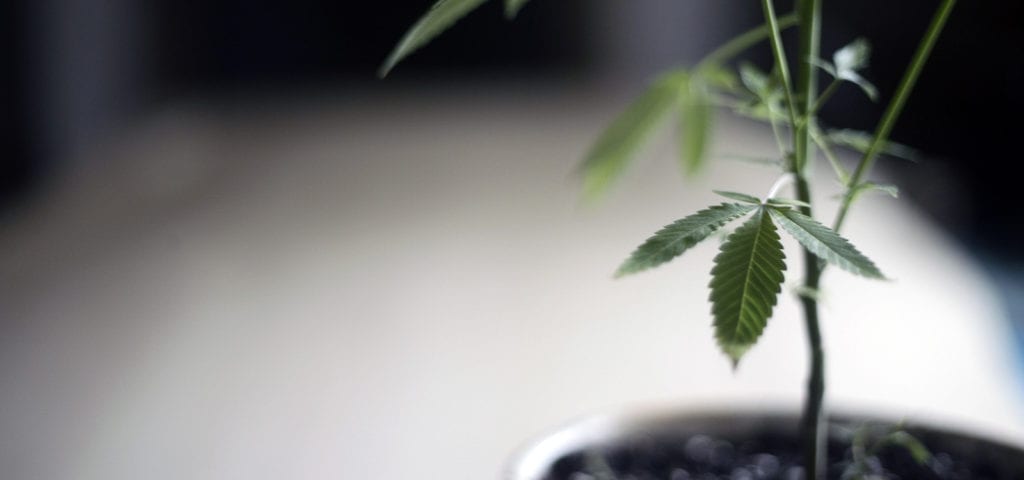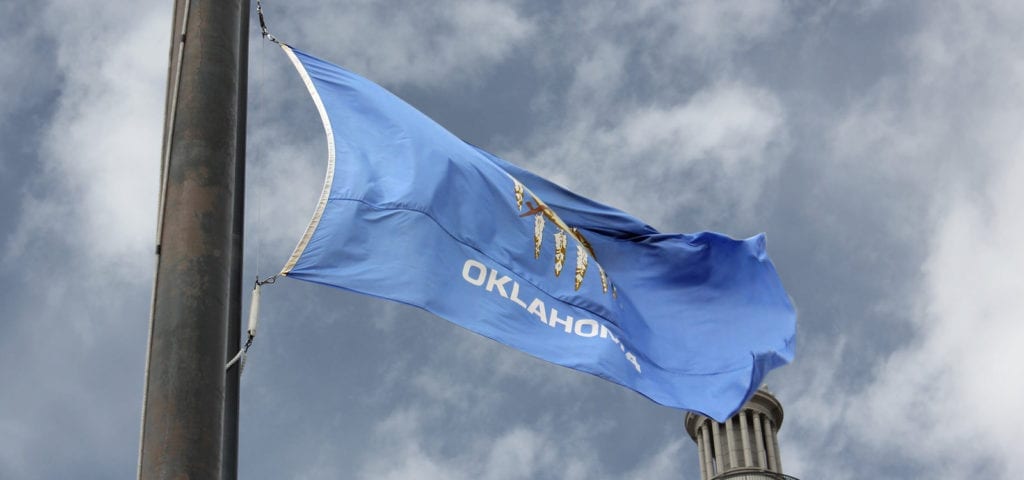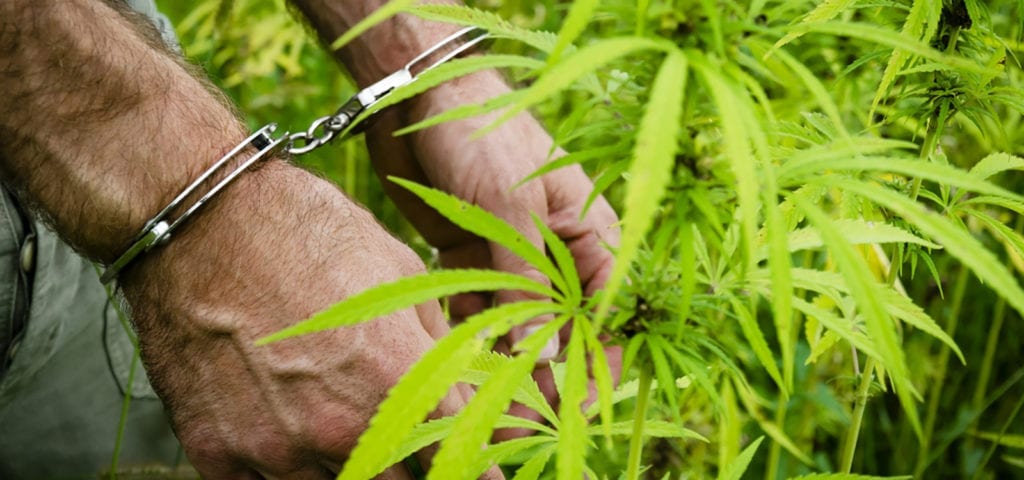Editor’s note (4/8/21): Dr. Jason Pirozzolo is currently being investigated in relation to sex trafficking allegations against Florida Rep. Matt Gaetz — click here for more on that story.
Dr. Jason Pirozzolo is a co-founder of The American Medical Marijuana Physicians Association, a collection of physicians and medical researchers who advocate for increased understanding and acceptance of cannabis as medicine.
In this episode of the Ganjapreneur.com podcast, Dr. Pirozzolo joins podcast host TG Branfalt to discuss how mainstream medicine and medical cannabis have begun to intersect, the myriad potential benefits of medical cannabis for professional athletes, why medical schools’ curriculums are taking so long to adapt to the latest cannabis research, and more!
You can tune in to this interview via the player below, or continue scrolling down to find a full transcript of this Ganjapreneur.com podcast episode.
Listen to the podcast:
Read the transcript:
TG Branfalt: Hey there. I’m your host, TG Branfalt, and you are listening to The Ganjapreneur.com podcast where we try to bring you actionable information and normalize cannabis through the stories of ganjapreneurs, activists, and industry stakeholders. Today I’m joined by Dr. Jason Pirozzolo. He’s the co-founder of The American Medical Marijuana Physicians Association. How are you doin’ this afternoon?
Jason Pirozzolo: I’m doing great. Thanks for having me, TG.
TG Branfalt: Hey, I’m totally thrilled. I really love having members of the medical community on the show. There’s always a plethora of stuff to talk about. Before we get into sort of the nuts and bolts, man, tell me about yourself. You know, what’s your background? What do you specialize in? How did you end up and get involved in cannabis advocacy?
Jason Pirozzolo: So, that’s a good question, TG. I currently specialize in sports medicine. But back in 2014, I was approached by various legislators and legislative staff regarding the creation of the original framework for allowing low THC to be recommended here in the State of Florida. Since then, my involvement has continued to grow and, you know, my overarching goal has always been just to ensure that doctors have the necessary education and resources to safely and effectively recommend medical cannabis for those conditions that would qualify.
TG Branfalt: So how much did you know when you were approached by the legislature about medical cannabis?
Jason Pirozzolo: Surprisingly very little. Which is actually on par with physicians nationwide. You know, they did not receive training with regards to the endocannabinoid system or medical marijuana in medical school or their fellowships. And obviously as it was deemed a Schedule 1 Substance, well, there was really no reason to. But nowadays, things are changing and The American Medical Marijuana Physician Association is kind of leading the change.
TG Branfalt: So give me some of your insights as a sports medicine doctor. You know, I’ve spoken to a couple of people who advocate for using cannabis in various forms in athletics, you know, CBD as something to help with muscle inflammation for cool down. What role do you think that medical cannabis can play in athletics?
Jason Pirozzolo: You know, that’s a complicated question and an even more complicated answer. I’d say undoubtedly, the NFL, the NFLPA leadership is really struggling with the same uncertainty that the rest of us are dealing with. They’re likely dealing with conservative legal recommendations instructing them that medical cannabis is still technically a Schedule 1 drug with no proven medical benefits. With that said, The World Health Organization has recently recommended that CBD not be internationally scheduled as a controlled substance. That is based in part on the research that has shown that CBD could have some therapeutic value for epilepsy, Alzheimer’s Disease, Parkinson’s, anxiety, pain, nausea, inflammatory bowel disease, rheumatoid arthritis, and many more.
So I think that’s the largest barrier at this point to having more widespread and legitimate use of these products in the NFL and other professional associations for that medicine.
TG Branfalt: So do you think that the NFL is sort of the frontline to acceptance in pro sports given the physicality of the sport and that some former and current players are cannabusiness owners and advocates? You know, Ricky Williams just launched his own product. You’ve got Eugene Monroe, who struggled to open a dispensary in Maryland. You know, not to mention that there’s been a recent study that found retired NFL players use opioids at a rate four times the national average. So are we looking at the NFL as the frontline in the acceptance in pro sports? You know, I’ve read the NHL is a little more lenient. Major League Baseball is a little more lenient. The NBA, some have said that … There was a recent player who said that, you know, 89 percent of the players in that league use cannabis. So is the NFL sort of what we would look at in terms of acceptance in major sports?
Jason Pirozzolo: Yeah. TG, I would have to agree with that. I think the NFL, just based on the sheer size alone would be a candidate for qualifying as the forefront of legitimization of medical cannabis use. There is a large number of NFL athletes that use it. And I think it’s upwards of 90 percent as well. And we just have to kind of connect the dots. And I think over the next couple of years you will see the push for that. In our conference that we’re having in May, May 18th and 19th, actually is entitled The NFL And Medical Cannabis. And the reason we did that was to your point, we wanted to merge for the first time ever these two worlds of traditional Western medicine and then, you know, the alternative treatment of medical cannabis. And then do that, merge those two worlds on a foundation of high-level science. Which has never really been done before.
And I think that, you know, we’re really kind of in the beginning process here and it’s gonna take some time. You’ve got a lot of conservative legal minds telling the NFL what not to do. So we’re gonna try to put together some evidence and research and see if we can safely move this industry forward.
TG Branfalt: You know, as I said previously, there’s a recent study NFL players using opioids four times the national average. Several studies have found … I mean, it’s gone from several studies to really a giant mass movement sort of … Have found that medical cannabis could be an alternative for some patients on opioids. As a physician, what’s your take on these studies? What are you seeing? Is this something that could be … Could medical cannabis be used as a pain therapy? As a opioid … What’s the word I’m looking for here? Replacement and an exit drug?
Jason Pirozzolo: Well, TG, I think the answer to that is absolutely. I think it has to be done in the right situation. I think it has to be done very carefully under the guidance of a trained physician. But to your point again, we’ve got one of the statewide medical directors for medical marijuana treatment center actually speaking to that, you know, at our marijuana … Medical marijuana conference in May entitled Transitioning Ex-NFL Athletes From Opioids To Medical Cannabis.
Now, that’s gonna be the nuts and bolts and how to do something like this. How do you transition an NFL athlete, or any patient for that matter, from the high-level opioid use, slowly wean them down and transition them to something that’s as effective and certainly safer? That’s what we’re dealing with. It’s a crisis in Florida and nationwide. And I think everybody … As long as it’s done properly and safely and it’s based on evidence when available, I think that we’re moving in that direction.
TG Branfalt: So what are you sort of seeing from your colleagues? My wife’s actually a physician and when, you know, we first started talking about medical cannabis and the opioid thing, she wasn’t completely on board. Because, as you said earlier, it’s not something that you really talk about in med school. And she went to Berkeley, so she is a supporter of cannabis. But, you know, she wasn’t really on board with this whole … That it is as … That its efficacy is as well-documented as it’s become. Are you seeing a change from people in that you deal with, your colleagues, with regard to medical cannabis and opioids?
Jason Pirozzolo: Yes, TG. I’m actually seeing a change. It’s a slow change, but it is a change nonetheless. You have to understand, there is a dichotomy of physicians, you know? Some physicians are old school. They tend not to think as much outside of the box. And they’re trained to think a certain way. You know, when I trained at Duke University, everything was evidence-based. If it wasn’t in the journals, if it wasn’t evidence-based and you couldn’t justify your use of this antibiotic or this treatment, then you didn’t do it. Which is a very smart way of doing things. And that’s always good for the patient.
When you take that and you kind of extrapolate that mentality over to the medical cannabis world, there’s not that type of evidence yet. And the reason there’s not that type of evidence, why your wife was a little skeptical in the beginning, is very simple. It’s still a Schedule 1 drug. The federal government has made it very, very difficult to study this. To research this. So we’ve really only one institution that provides the medical cannabis for anybody that’s interested. And you’ve got to go through an enormous process just to be approved to do that research.
So that’s why there a paucity of research right now of that level. Now, there’s hundreds of thousands of anecdotal and lower level studies that are very useful in giving us ideas and giving us reason to move forward with the studies. And that’s where we stand here at The American Medical Marijuana Physician Association. We always will support more research. In fact, Congressman Matt Gaetz is in the process of working on legislation up in Washington, D.C., that will help facilitate research on the nationwide level. And those we should see a lot of good benefit from them.
TG Branfalt: So you’ve mentioned sort of, you know, one of the barriers to this is the federal government. In light of recent moves by the feds to perhaps initiate a crackdown on state-legal cannabis programs by Jeff Sessions, you know, revoking the Cole Memo, should recommending physicians be concerned about federal blowback?
Jason Pirozzolo: Good question, TG. Well, here in Florida especially, I know for a fact that Florida legislators tried to write the most protective law that they could in order to take away as much risk as they possibly could for physicians, you know? That said, The Federal Controlled Substances Act prohibits possession, manufacturing, distribution of marijuana. Therefore, you know, if physicians are practicing within the boundaries of the State law, we believe physicians are protected.
However, here’s my disclaimer. You know, our organization really advise all physicians to seek advice from counsel in their respective states to determine if that method by which that physician seeks to provide certification of conditions meets with their state’s requirements and regulations for physician certification and to additionally explore with counsel risk that the certification qualifying conditions presents under federal law as it has been historically prosecuted in that State. So that’s my wordy disclaimer, but it is important to kind of promulgate that to physicians nationwide.
TG Branfalt: In some states, physicians are required to publicly be listed on public dossier if you will that they recommend medical cannabis. And in some states, that’s been a barrier it seems to physicians signing up with the state programs. However, at the same time, without that dossier, how does a patient find a physician? So I’m not sure what the rules are in Florida, but what is your sort of take on, you know, that dossier existing? Should physicians be worried and not want to be publicly listed? It’s sort of a catch-22. But what is your take on sort of this public listing of physicians who recommend cannabis?
Jason Pirozzolo: Well, TG, as we understand it now, the biggest risk to anyone involved in the medical marijuana industry comes down to a few things. It comes down to whether the federal prosecutors believe you are involved with drug trafficking, diversion, or money laundering. However, you know, in the State of Florida, it’s also illegal as a qualified recommending physician to have any ownership or receive any monetary stipend from a licensed medical marijuana treatment center. So I think if a physician is simply practicing his or her right to free speech and making suggestions or recommendations or even certifying that the patient has a specific condition, many states it just comes down to a certification that they have this condition or that condition, which is the same thing that physicians do every day with workers’ compensation and other insurance, you know, independent exams. They’re simply certifying that this patient has this condition. And then that patient may in whatever state they reside in, it may be legal for them just to take that certification and obtain a recommendation for medical cannabis.
So I think as long as physicians are simply making those recommendations, that in and of itself should help to mitigate much of the risk. But again, that would be a point where they would be advised to speak to counsel in their particular state to just to ensure that there’s not a history of physicians being prosecuted. And there’s really not … Any physician that has been simply prosecuted, there’s been extraneous situations. You know, up in Massachusetts, there have been physicians that have lost their DEA license, but they had also owned what the equivalent of a medical marijuana treatment is. They actually owned a dispensary. So they were kind of double dipping, and the federal government didn’t like that too much.
TG Branfalt: Are there any other risks physicians should consider when deciding whether or not to participate in a state-approved medical cannabis program?
Jason Pirozzolo: Well, it kind of goes back to what we were just talking about, you know? The biggest risk is if … At least in the State of Florida, they co-mingle with the medical marijuana treatment centers, you know? The medical marijuana treatment centers can’t offer the physician a monetary stipend and say, “Here. If every physician you send to my clinic, we’ll pay you $50.” That is absolutely illegal in the State of Florida. So one way to mitigate the risk here in the State of Florida is to avoid any situation that would even result in any perception of impropriety.
So that’s certainly one way they can mitigate the risk here in Florida. The other ways that they can mitigate their risk is to just practice good medicine. Base everything on evidence whenever possible. You know, discuss with the patient the risks, the side effects, the potential side effects. How this whole process works. And those are things that most physicians have been trained and they do this every day. So that’s why we’re very supportive of this industry if it’s done correctly and it’s done safely.
TG Branfalt: So, you know, going back to as I’ve said, I’ve spoken to a couple of physicians on the show. Again, my wife is a practicing physician. And one of the most common things I hear is, “We’re not taught about cannabis in medical school aside from that it’s a Schedule 1 drug.” What are the barriers to medical schools talking about this? Is it just the fact that it’s still a Schedule 1 drug? Even though, you know, we now have pretty good evidence that CBD effectively treats seizures and these sort of things. Can you sort of muse on why we’re not seeing more medical schools treating this as medicine?
Jason Pirozzolo: Yeah, it’s very simple, TG. It does come down to medical cannabis or cannabis being a Schedule 1 drug still. And if a medical school that relies on research funding … Let’s say from the NIH or another federal organization … If that’s one of their mainstays of funding, that being the federal government, then they could potentially risk losing some of that funding if they are involved in medical cannabis. Now, the reality of that and whether that actually happens, I don’t know that that’s actually happened.
But again, it comes back to these medical schools, these colleges, these universities, all have legal counsel. They all have their general counsel and their entire legal team. And if I was a lawyer, I’d probably make the seam recommendation. No lawyer is gonna go out on an edge and say, “You know what? You know, I know we receive 25 million dollars from the federal government, but I think it’s okay. Let’s just go start teaching our medical students about medical cannabis. The 25 million I’m sure will be there tomorrow. You have nothing to worry about.” No lawyer is going to say that right now, because it’s a Schedule 1 drug. It just is not prudent to make that kind of a legal recommendation.
So that results in the trickle down effect. So the professors and the physicians that are teaching these courses tend to kind of get wind of that as well. And that’s why there’s a paucity of education. And that in part is one of the holes that The American Medical Marijuana Physician Association is trying to fill. You know, the high-level education. The research, the evidence that’s out there. And very slowly, you know, help any physician that is interested in this to do it the right way. Help them at least get that education that they did not get in medical school or residency.
TG Branfalt: So you have said, you know, you coming out of medical school that you didn’t know that much about medical cannabis. Now here you are. What was sort of the turning point for you or the eye-opening moment for you that you said, “Hey, this legitimate”?
Jason Pirozzolo: Well, as with most things in medicine, it starts out with personal experience. And I was very involved up in Tallahassee and I was actually able to see some of the children that had experienced a significant response to the low THC cannabis that they were taking, you know? Little girls were … You know, one specifically … I’m not gonna mention her name, but she actually had seizures almost on an hourly basis. And then her Mom was able to give her the medical cannabis and the seizures stopped. That’s something that is more impactful than really anything else as a physician.
So it makes you start to think. And once you start to think, “Is this real? Is there anything to this?” That’s when your training takes over and you try to do more research and learn about it as much as you can. And then when that happens, you know, things kind of take hold. And if you have something that has potential, like medical cannabis, and you want to see more research being done, you want to help that along. And that’s kind of where I am right now.
TG Branfalt: So what are some of the legislative issues that the Association is working on this year?
Jason Pirozzolo: Well, The American Medical Marijuana Physician Association supports any legislative issue that would really protect the physician’s license. You know, protect the physician’s practice and protect the physician’s ability to continue to practice medicine. AMMPA also supports the expansion of treatment indications as based on clinical research studies, and that’s the key. We don’t just support a widespread global, you know, expansion. It should be based on clinical research studies.
The current law does, at least in Florida, require a large amount of physician time to be dedicated to providing supporting documentation for each patient being certified. And that in and of itself can be quite burdensome. They have to show that there’s efficacy of marijuana as a treatment for that condition. They have to show that there’s support … That that treatment benefit outweighs the potential health risks. And again, that is incredibly burdensome for a busy physician. But AMMPA’s working on multiple fronts to make it easier for those physicians really by developing ways to help improve their efficiency. And also trying to roll back some of the legislative mandates that ultimately will rely then on just physicians, you know, in their extensive training and experience to dictate the standard of care. Not necessarily just going by policy that’s dictated up at the Department of Health.
TG Branfalt: So what are some of the conditions that you might advocate being added to medical cannabis regimes?
Jason Pirozzolo: Well, TG, I’m sure there’s quite a few. What we’re looking at specifically here at The American Medical Marijuana Physician Association is those conditions that have the most research. You know, that could be Alzheimer’s, other neurodegenerative diseases, anxiety, autoimmune diseases like rheumatoid arthritis. They’ve all shown promise when treated with medical cannabis. However, this is something you’ll hear me say a lot, more research needs to be completed.
TG Branfalt: And, so what advice do you have for, you know, physicians who aren’t recommending now who might be interested in it or those who want to get involved with AMMPA?
Jason Pirozzolo: So, you know, it’s simple. I would say get involved with The American Medical Marijuana Physician Association. There you can not only learn the basics of the endocannabinoid system and get exposed to the available research that exists from medical cannabis, but start to understand the practice management issues. The law and the requirements for physicians to vest … Mitigate their risks. And it’s not only important to get involved and to obtain this kind of education from the standpoint of physicians that want to be active in having their own clinic and recommending medical cannabis. But also those physicians that are simply getting those questions asked of them by their patients.
So, you know, there’s really no reason not to expand your horizon just enough to kind of know what everybody’s talking about, you know? Would CBD help these neurodegenerative processes? How does it do that? How does a doctor … Even if I’m not doing it, how does another doctor that’s going to be recommending cannabis, how do they do that? How is it dosed? You know, things like that can certainly help any physician.
TG Branfalt: And what about for patients? You know, for those who might be considering medical cannabis, but may not have the resources to speak to a physician. Some poorer patients or those who might have a condition that they believe might be helped by medical cannabis. What advice do you have for that population?
Jason Pirozzolo: Well, that’s a very common question. I get asked that a lot. And what I tell patients, you know, I tell them always start with a discussion with your primary care physician. Your primary care physician is ultimately the quarterback of your medical team. And there you can see if you have a condition that would qualify for medical cannabis treatment. Now, if they don’t have a primary care physician or they’re not really able to have that discussion, patients can also reach out to physicians on the web. This is the 21st Century, you know, like Dr. Barry Gordon at venicecare.com. He’s a fantastic physician. He’s worked with a lot of patients all across the state that have had an interest and curiosity in medical cannabis.
And finally, you know, medical marijuana treatment centers themselves, like Surterra and Knox Medical, they all have in-depth resources that are easily accessible on the web. So there’s really no limitations. Whether, you know, whether you are asking about how do poor patients or less well-to-do patients get access to this, it’s very easy. You can do a lot of research on the web and learn about this entire process on the web.
TG Branfalt: So where can people find out more about The American Medical Marijuana Physician Association? And especially the conference that you have coming up?
Jason Pirozzolo: So, The American Medical Marijuana Physician Association is on the web, just like everything else. And it’s ammpa.net. That’s A-M-M-P-A.net. And on the front page the physicians can learn all about our upcoming conference entitled, The NFL And Medical Cannabis. It’s gonna be a great conference. We’ve got Dr. Bennet Omalu, a physician that was featured in the movie Concussion. He was actually played by Will Smith. He’s gonna come and speak to us. We’ve got Congressmen that are actually dealing with this federal legislation right now. Congressman Matt Gaetz is coming to do a keynote. We’ve got, you know, physicians from all over the country flying in that are absolutely the experts in their field. That actually publish all the articles and do the research that we as physicians are reading. And they’re gonna be coming to speak on some very interesting topics.
And again, this is not necessarily for, you know, everyday patients. This is a high-level scientific evidence-based research discussion. That’s what we’re trying to do here. So it should be real exciting. I’m looking forward to it.
TG Branfalt: Well, I really want to take … Thank you for taking the time to chat with me. I know that this sort of took a while. You’re a really busy guy. And, you know, tell ya how much I appreciate what The American Medical Marijuana Physician Association does. I think that it’s very important that we have this now. And, you know, I can’t wait to see the work that comes out of that conference.
Jason Pirozzolo: Yeah. We’re very excited about that. And I appreciate you having me, TG. And you are welcome to come to the conference. We’ll get you right in. And, you know, I’m sure everybody will have something they can learn.
TG Branfalt: Yeah. I will definitely look into that. I want to thank you again for coming on the show. Again, this has been Dr. Jason Pirozzolo of The American Medical Marijuana Physician Association.
You can find more episodes of The Ganjapreneur.com podcast in the podcast section of Ganjapreneur.com and in the Apple iTunes Store. On the Ganjapreneur.com website, you will find the latest cannabis news and cannabis jobs updated daily, along with transcripts of this podcast. You can also download The Ganjapreneur.com app at iTunes and at Google Play. This episode was engineered by Trim Media House. I’ve been your host, TG Branfalt.
At Ganjapreneur, we have heard from dozens of cannabis business owners who have encountered the issue of canna-bias, which is when a mainstream business, whether a landlord, bank, or some other provider of vital business services, refuses to do business with them simply because of their association with cannabis. We have even heard stories of businesses being unable to provide health and life insurance for their employees because the insurance providers were too afraid to work with them. We believe that this fear is totally unreasonable and that cannabis business owners deserve access to the same services and resources that other businesses are afforded. That they should be able to hire consultation to help them follow the letter of the law in their business endeavors. And that they should be able to provide employee benefits without needing to compromise on the quality of coverage they can offer.
This is why we created The Ganjapreneur.con Business Service Directory, a resource for cannabis professionals to find and connect with service providers who are cannabis-friendly and who are actively seeking cannabis industry clients. If you are considering hiring a business consultant, lawyer, accountant, web designer, or any other ancillary service for your business, go to ganjapreneur.com/businesses to browse hundreds of agencies, firms, and organizations who support cannabis legalization and who want to help you grow your business. With so many options to choose from in each service category, you will be able to browse company profiles and do research on multiple companies in advance. So you can find the provider who is the best fit for your particular need.
Our Business Service Directory is intended to be a useful and well-maintained resource. Which is why we individually vet each listing that is listed. If you are business service provider who wants to work with cannabis clients, you may be a good fit for our service directory. Go to ganjapreneur.com/businesses to create your profile and start connecting with cannabis entrepreneurs today.
